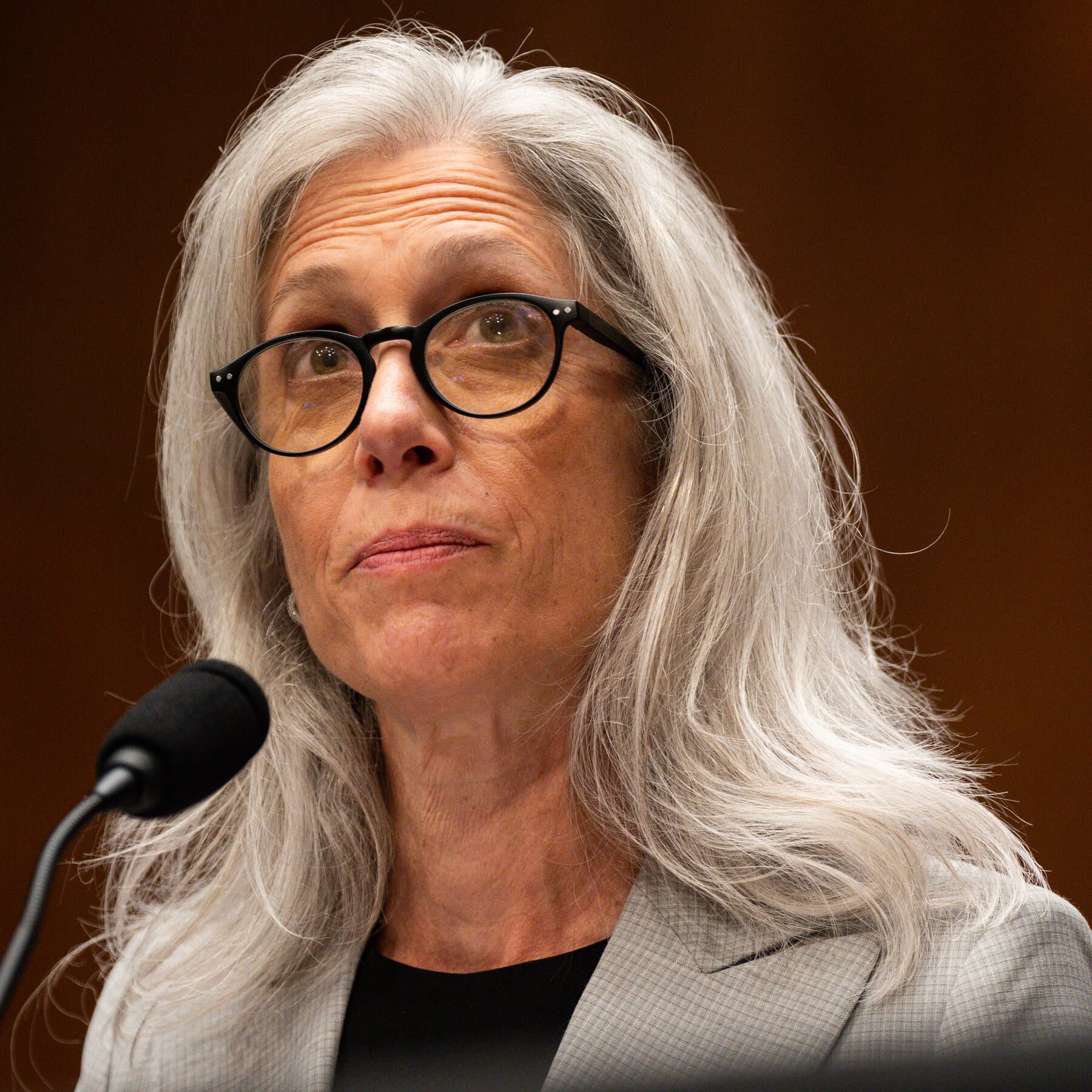CDC Faces Leadership Exodus Following Director's Ouster, Raising Scientific Integrity Concerns

Washington D.C. – The Centers for Disease Control and Prevention (CDC) is grappling with a significant leadership crisis following the recent dismissal of Director Susan Monarez and a subsequent wave of high-profile resignations. Dr. Ashish K. Jha, former White House COVID-19 Response Coordinator and Dean of the Brown University School of Public Health, articulated deep concerns about the agency's current trajectory, stating on social media, > "Two things can be true at once: CDC had deep problems and needed to be substantially reformed. Pushing out best remaining people, demanding loyalty oaths on scientific questions, and filling advisory committees with grossly unqualified folks isn't the reform that was needed."
Monarez, the first Senate-confirmed CDC director, was reportedly dismissed after resisting directives to roll back vaccine guidance based on "pseudoscience" and unlawfully dismiss senior staff, according to reports from STAT News. Her departure triggered a rapid succession of resignations from key figures, including the CDC's chief medical officer, several center directors, and its top data scientist. This exodus represents a loss of decades of expertise, leaving the agency with a "skeletal crew," as Dr. Jha described in a STAT News op-ed.
Public health experts are voicing alarm over the implications of these changes. Georges Benjamin, executive director of the American Public Health Association, expressed worry that the CDC "will not be there with the full capacity that’s necessary to help us with the next big threat." The agency's ability to monitor and respond to outbreaks, from measles to foodborne illnesses, is now under question, potentially leaving states to manage critical public health issues independently.
Concerns extend to the integrity of scientific guidance and the quality of future leadership. Reports suggest that recruiting credible public health experts to fill the vacant roles will be challenging, with fears that only "fringe" candidates might be willing to serve under conditions perceived as politically compromised. Wendy Armstrong, vice president of the Infectious Diseases Society of America, noted a distinction between the dedicated long-term CDC employees and the trustworthiness of official messaging, including from the Advisory Committee on Immunization Practices.
The current turmoil is seen by many as undermining the CDC's historical role as a global leader in public health. Richard Besser, President and CEO of the Robert Wood Johnson Foundation and a former CDC official, highlighted the "chilling" reality that senior CDC scientists were reportedly excluded from deliberations on critical public health issues. The collective sentiment among many public health professionals is that the CDC, once considered a "gem to the world," faces an uncertain path to recovery amidst the ongoing challenges to its scientific independence and operational capacity.